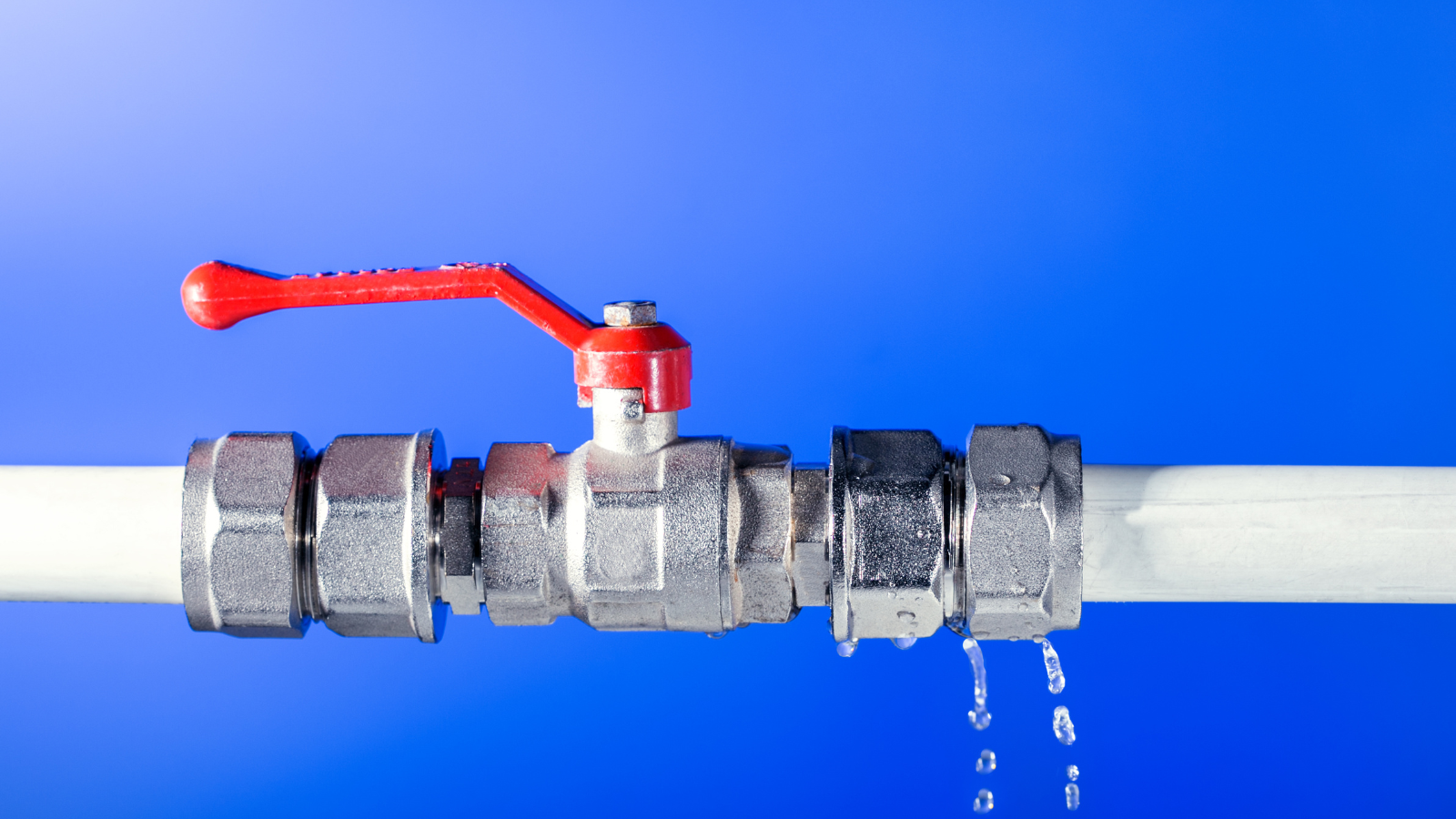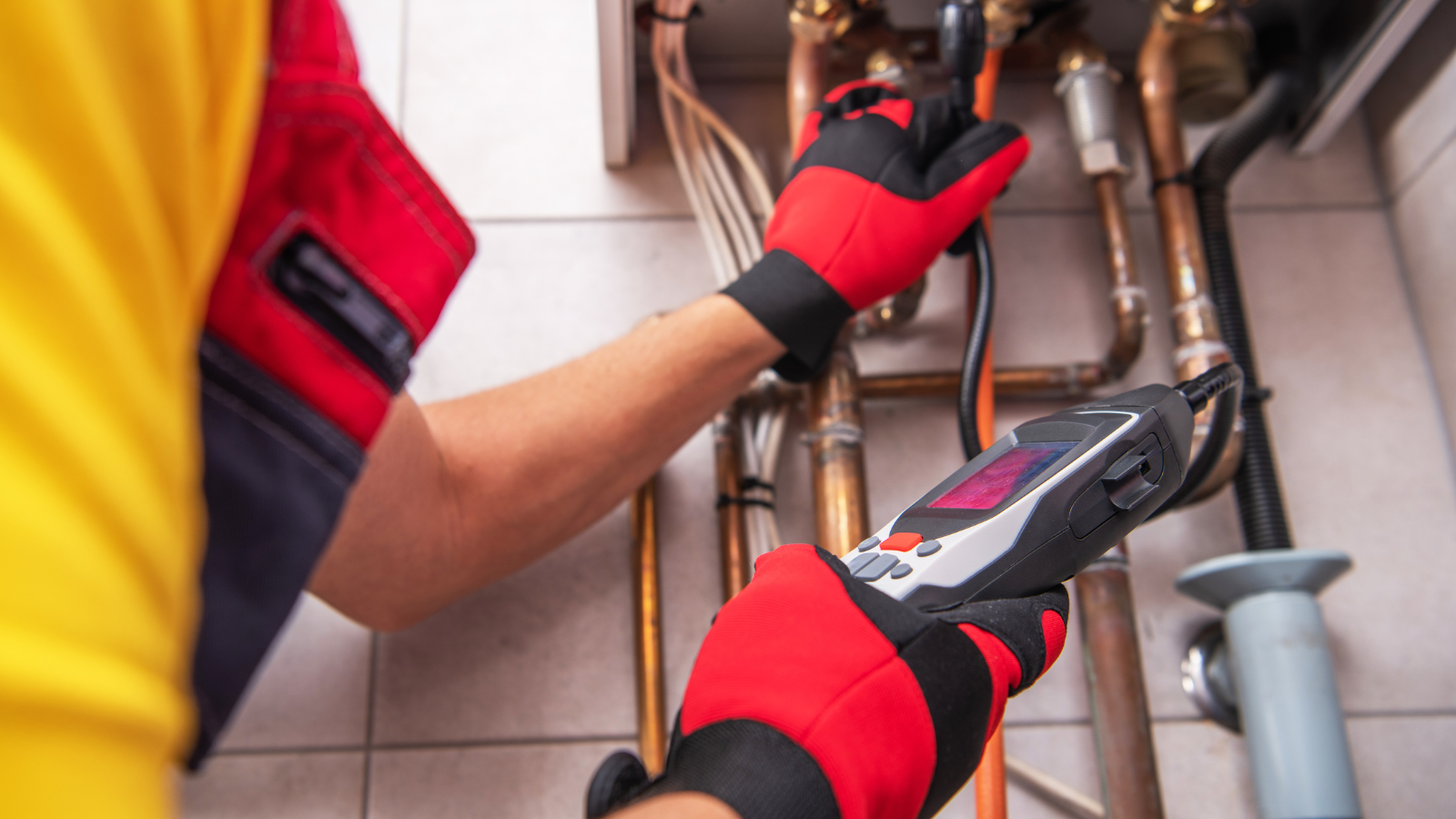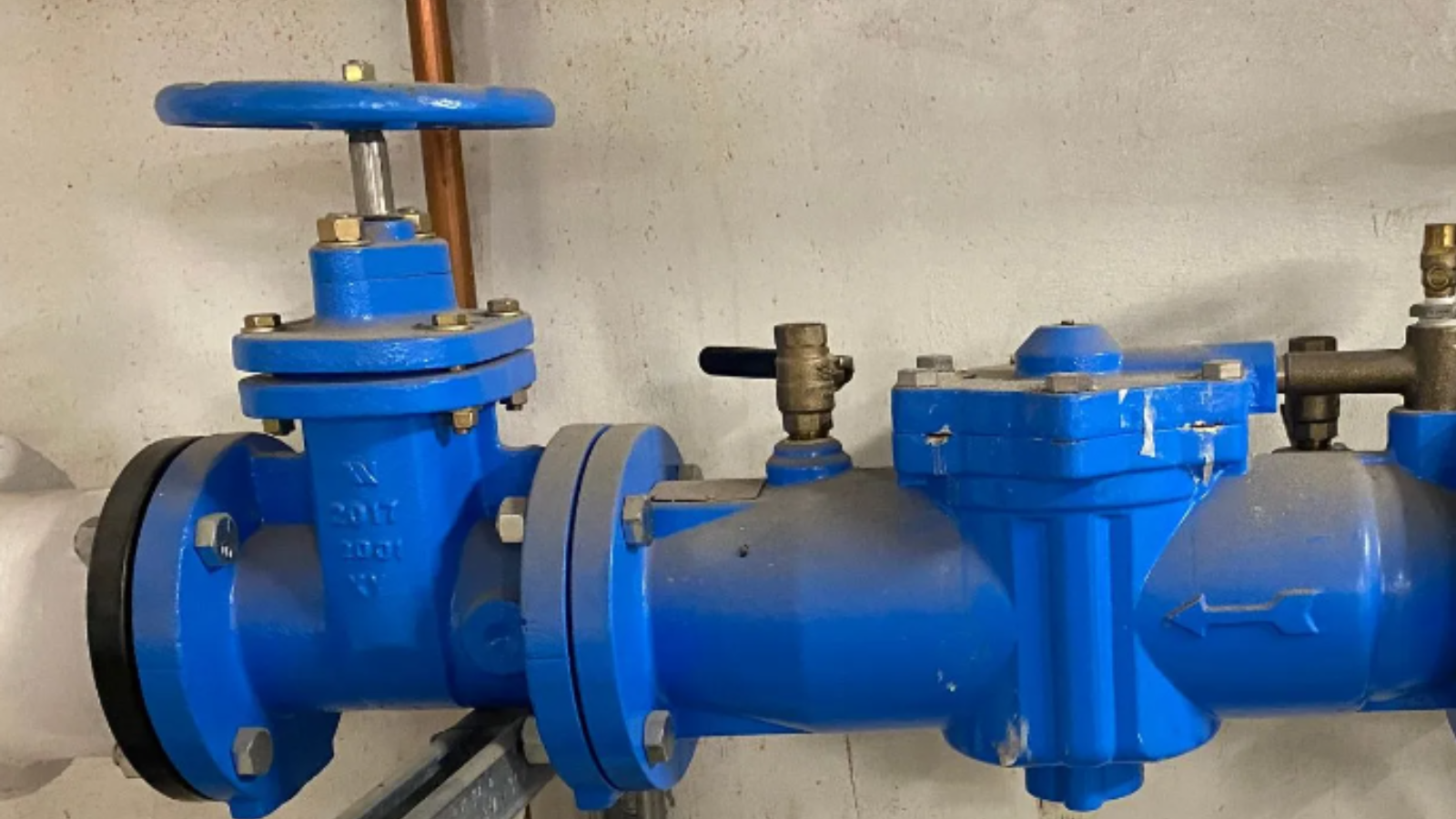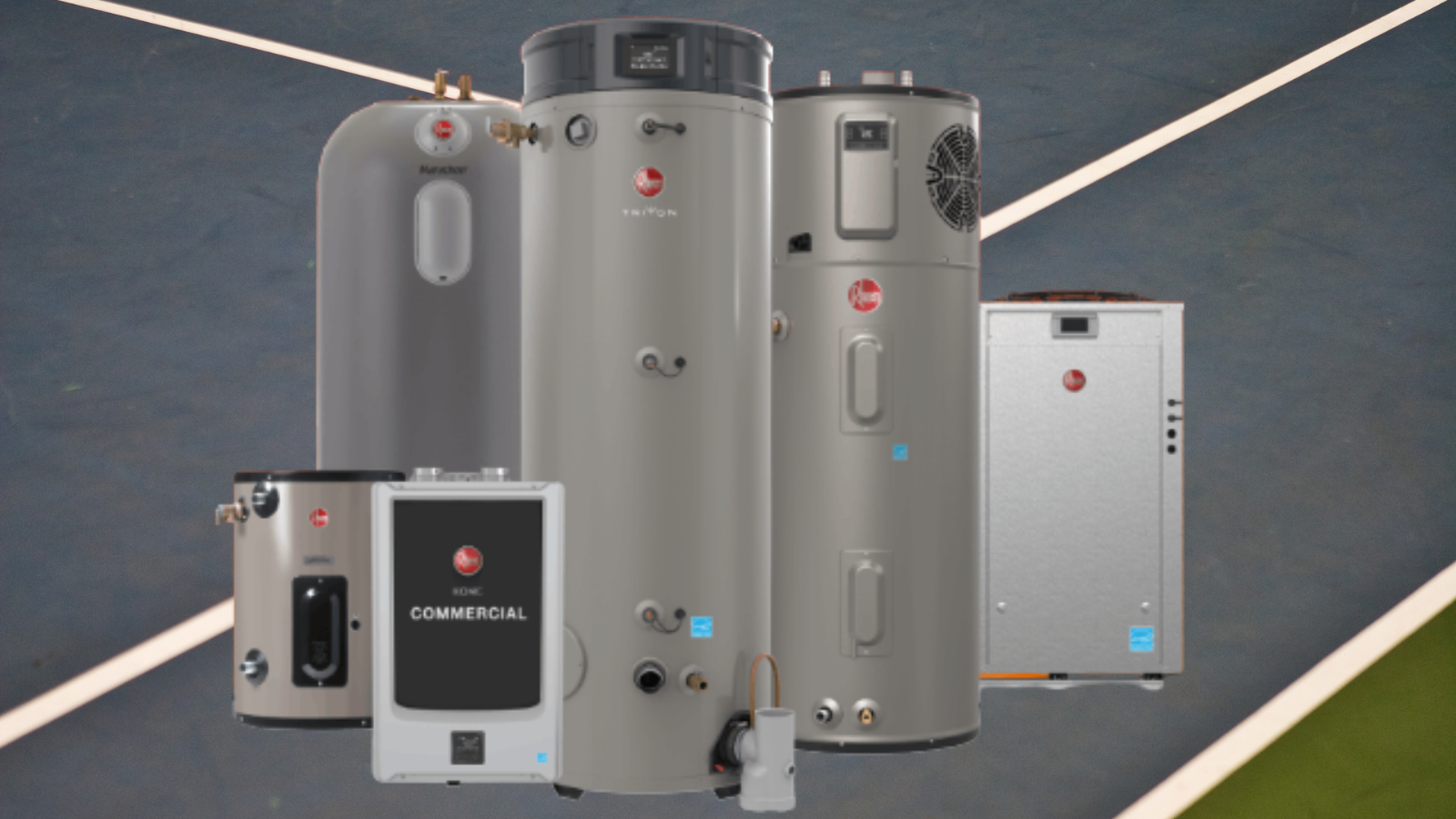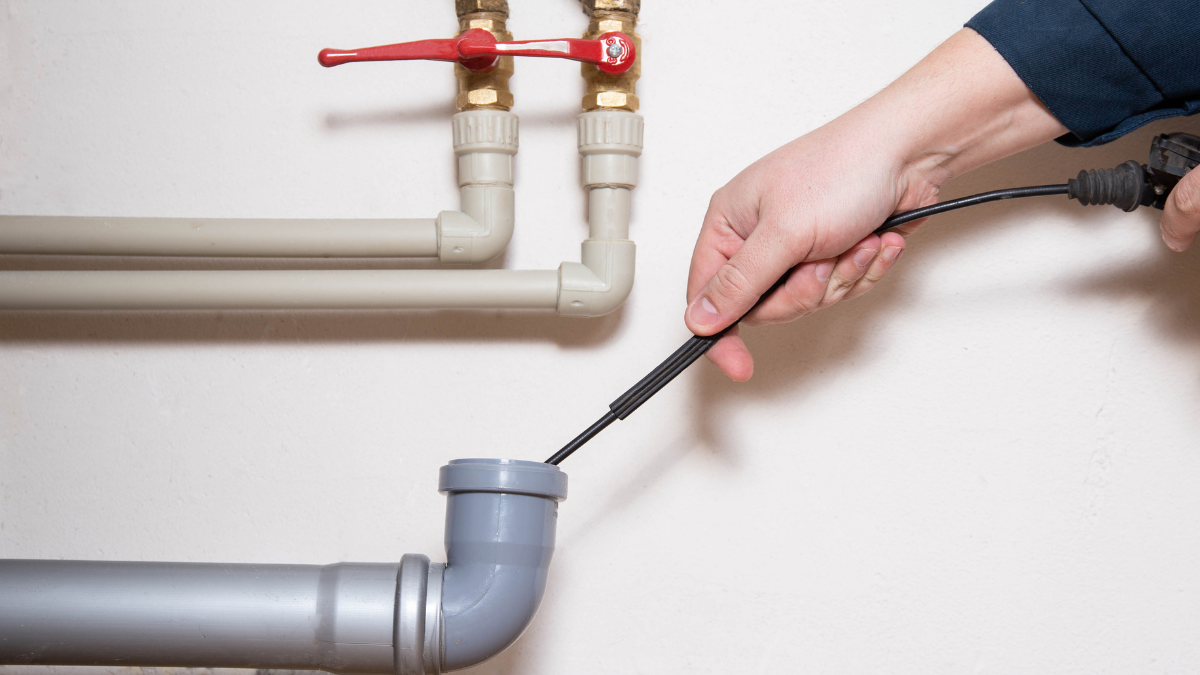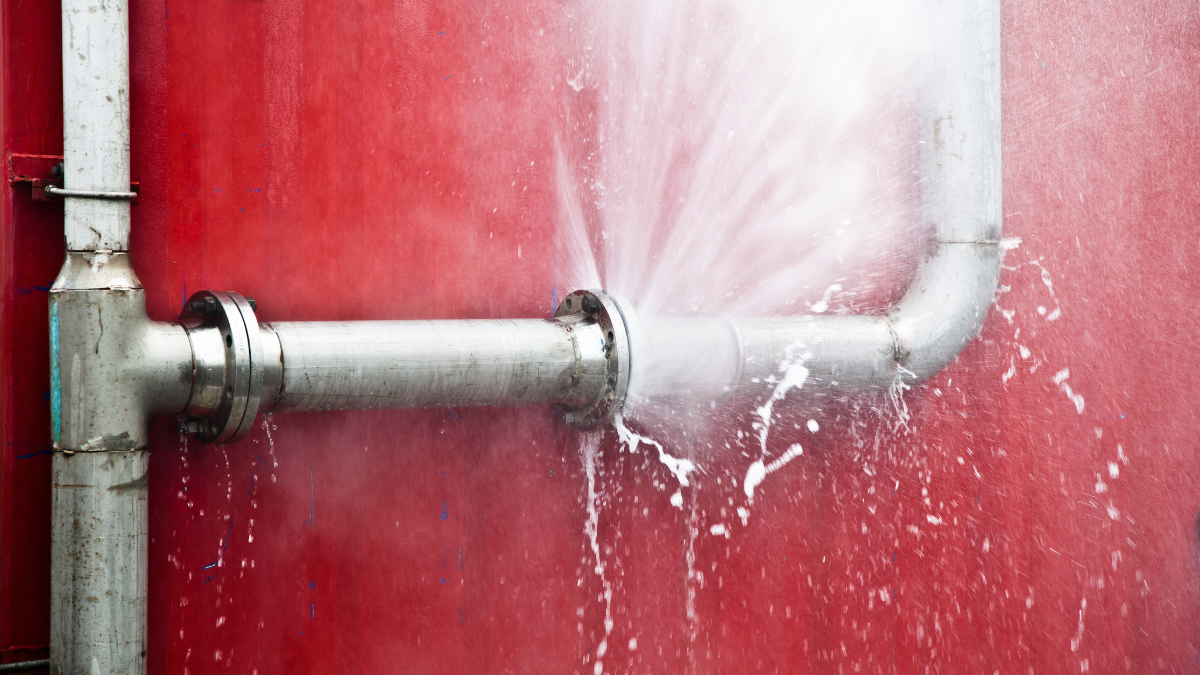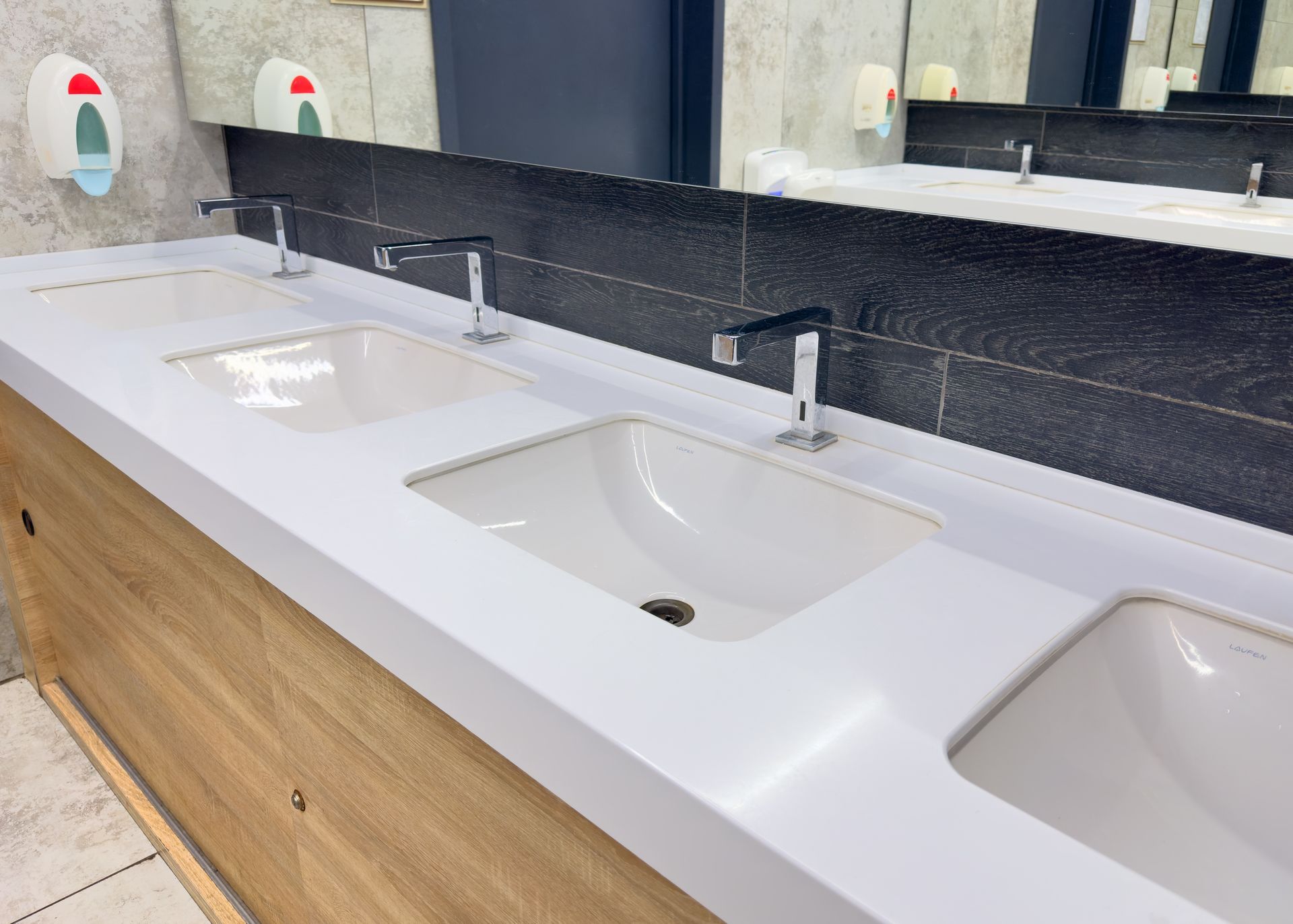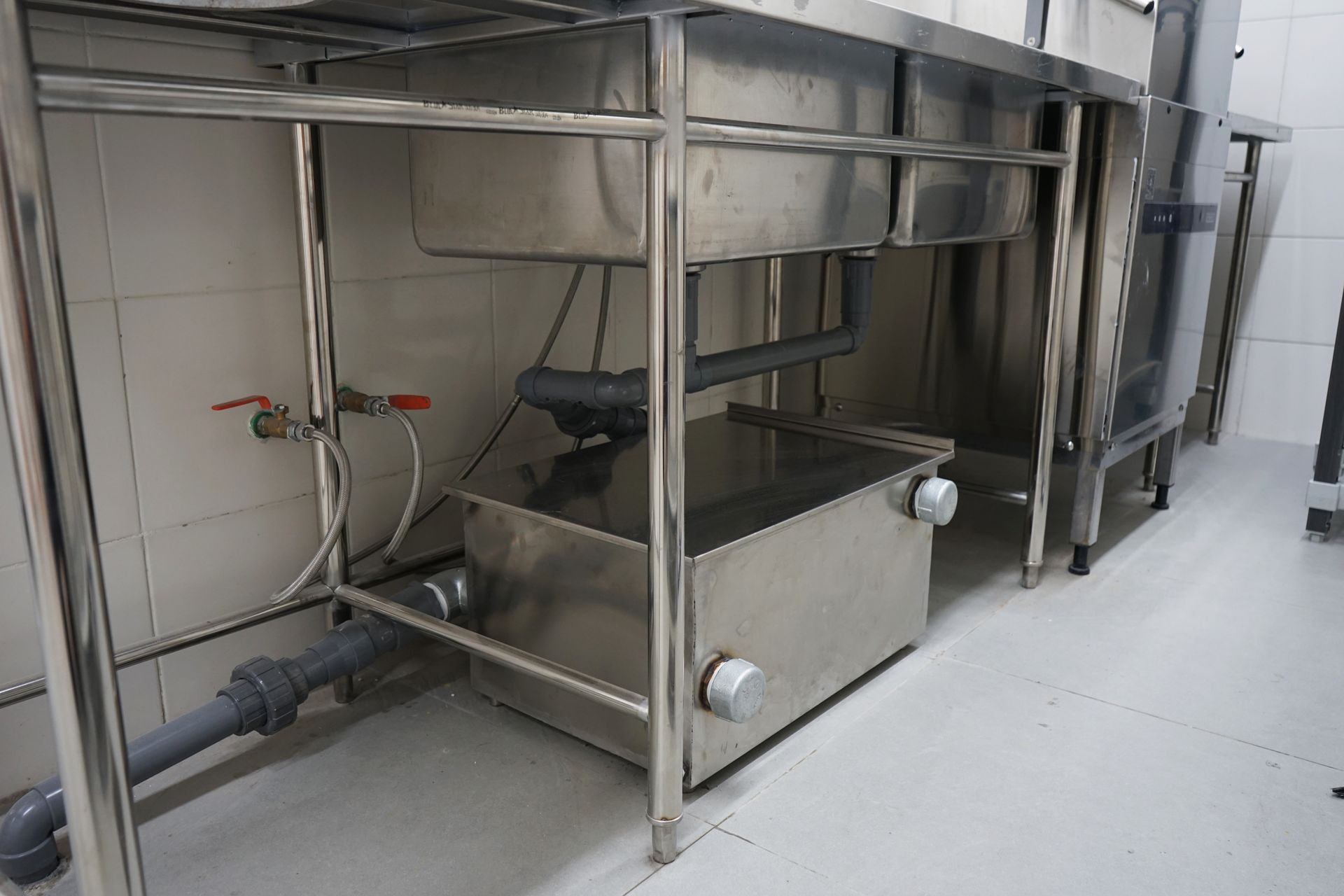Tank vs. Tankless Water Heaters: What’s Best for Your SC Business?
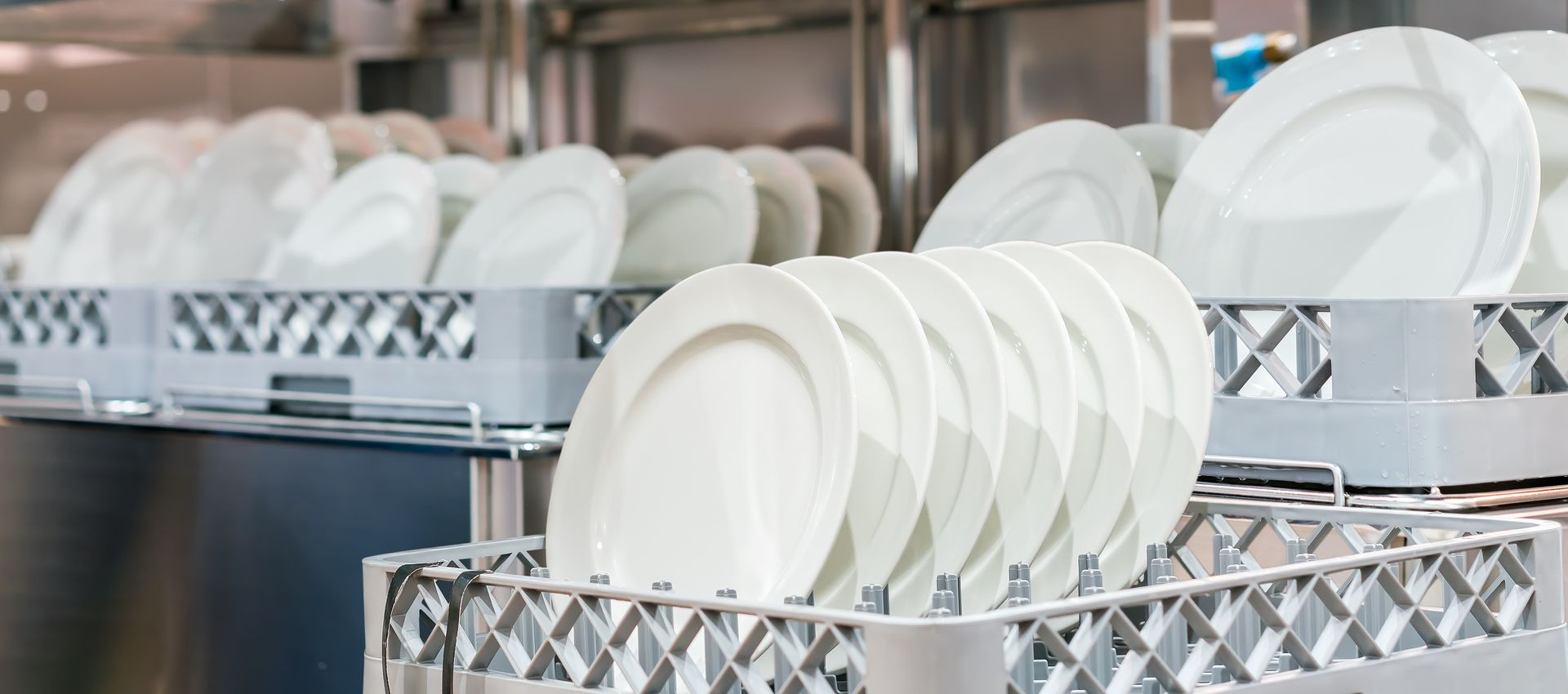
Running a business comes with many rewards, but it also means facing difficult decisions, especially when it comes to major investments. One important choice business owners often encounter is selecting the right water heater for their facility. It’s not just a significant expense, but also a long-term commitment that impacts daily operations, energy costs and overall efficiency.
Commercial water heaters are built to last; often 10 years or more, with some models reaching up to two decades of service. That’s why choosing the right system is such an important decision. To make the process easier, we’ll walk you through the two main options: tank and tankless water heaters. By weighing the advantages and drawbacks of each, you’ll be better equipped to decide which solution is the right fit for your business.
Tank Water Heaters: An Affordable Option
Due to their simple design, tank water heaters are easy to install. This is particularly beneficial for businesses with older plumbing and electrical systems, since they don’t require extensive upgrades or modifications. With lower upfront costs compared to tankless models, they’re a budget-friendly choice for businesses with basic water needs.
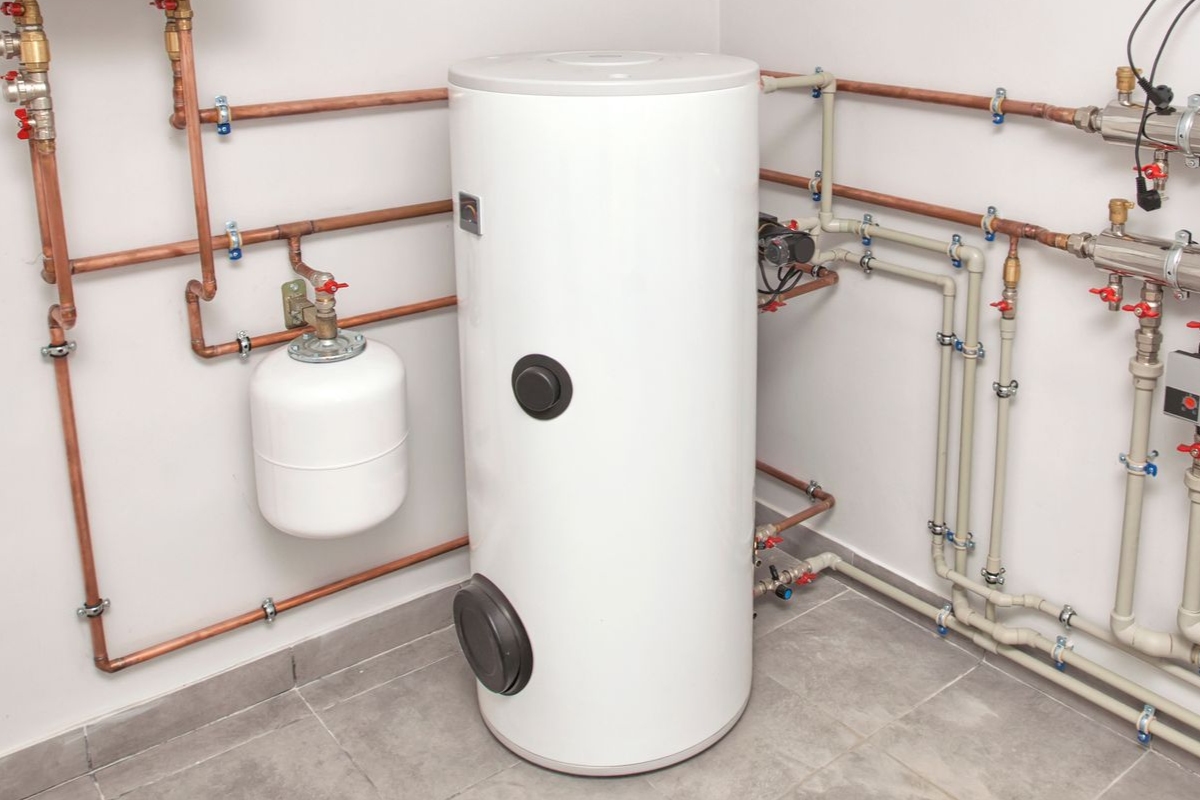
Limitations of Water Tank Heaters
Requires More Space
Traditional tank water heaters require more space since they store a large amount of heated water, usually between 30 and 80 gallons. Due to their size, they might not be ideal for smaller commercial buildings with limited space.
Limited Water
Because tank water heaters can only hold a set volume of hot water, businesses may run out during peak usage times. This can be especially problematic for restaurants, hotels or other facilities with high demand if the tank isn’t large enough to handle daily operations.
Shorter Lifespan Than Tankless
Usually, tank water heaters last about 10 to 15 years, depending on usage and regular maintenance. This lifespan is much shorter than tankless models, which can often operate for 20 years or more. For businesses seeking a longer-lasting investment, a tankless system may provide better long-term value despite the higher upfront expense.
Advantages of Tankless Water Heaters
Unlimited Heated Water
Unlike traditional models, tankless water heaters don’t rely on a storage tank, which means they can produce hot water on demand. This makes them ideal for businesses with high water usage, such as restaurants, hotels, gyms or laundromats. With a tankless system, you won’t have to worry about running out of hot water during peak hours.
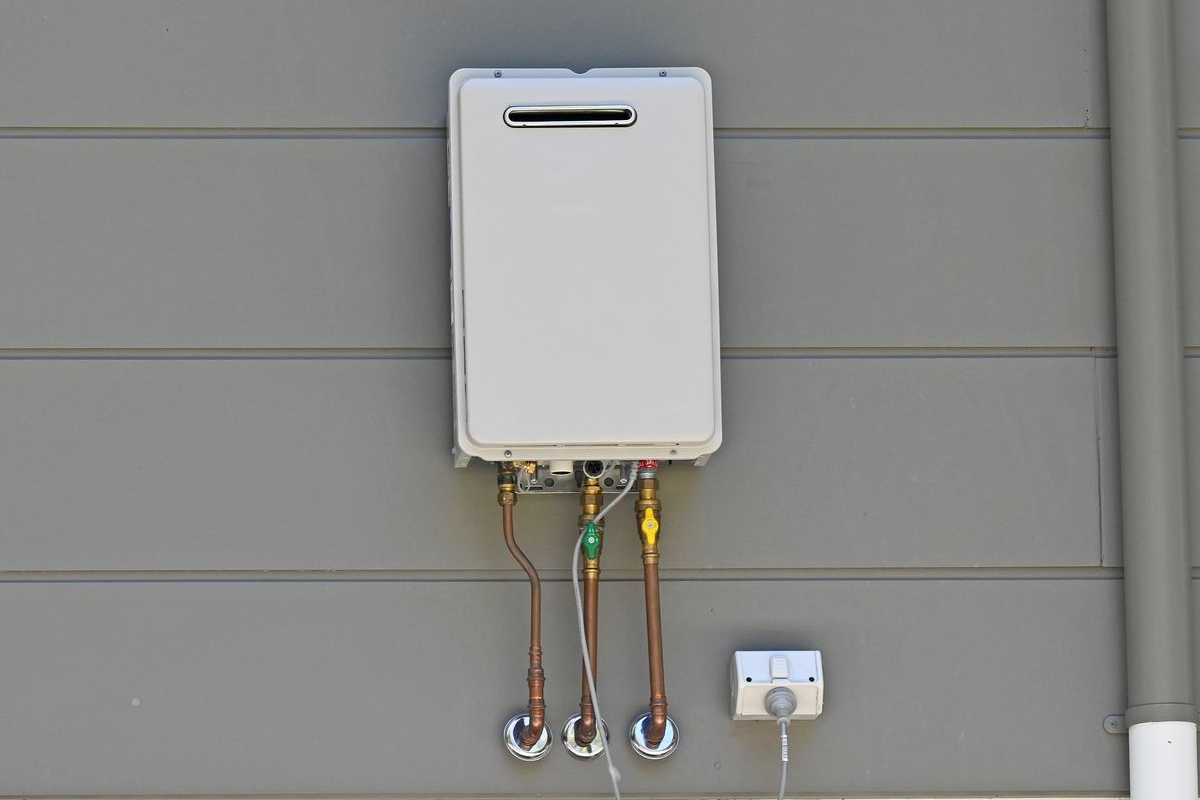
Unlimited Heated Water
Unlike traditional models, tankless water heaters don’t rely on a storage tank, which means they can produce hot water on demand. This makes them ideal for businesses with high water usage, such as restaurants, hotels, gyms or laundromats. With a tankless system, you won’t have to worry about running out of hot water during peak hours.
Energy Efficient
Since they only use hot water when it’s needed, tankless heaters are more efficient than their counterparts. Improved efficiency can lower your environmental impact and cut down on energy usage. Plus, a well-running heater can ease the strain felt by your pipes by maintaining consistent temperatures and reducing the pressure caused by sudden surges of hot water.
Requires Less Space
Tankless water heaters take up less space than traditional models, making them an excellent choice for businesses with limited utility or storage areas. Their compact design allows businesses to utilize their space without compromising on hot water supply.
Longer Lifespan
For businesses looking for a long-term option, tankless water heaters are ideal since they can last about 20 years or more, which is significantly more than traditional heaters. This longevity is ideal for businesses that require a continuous supply of hot water during their day-to-day operations.
Tankless Water Heater: The More Expensive Option
Tankless water heaters are more complex in design, which means installation often takes longer compared to traditional tank models. This typically requires more labor, driving up the overall installation time and cost. As a result, businesses can expect tankless water heater installations to be more expensive than standard tank options.
So, What’s the Best Option for SC Businesses?
While tankless water heaters provide many benefits, they may not be the ideal solution for every business. Although they offer several advantages over traditional tank systems, the best option depends on your commercial space, operational needs and budget.
If your budget is limited or you don’t rely heavily on hot water, a tank water heater is the more practical and cost-efficient choice. However, if you have little space to work with or you need a constant supply of water, a tankless system could be the better choice.
Need Help With Your Water Heater? Call Fortner Plumbing Today!
Need to get your water heater serviced? Fortner Plumbing is here to help! Based in Anderson, we proudly serve communities across South Carolina, including Greenville, Pendleton and Mauldin.
Our team of dedicated plumbers can inspect, repair and install both tankless and tank water heaters. Call our team today at 864-209-948 and schedule a consultation. To learn more about other services, including backflow testing and fixture services, visit our website by clicking the link
here.
